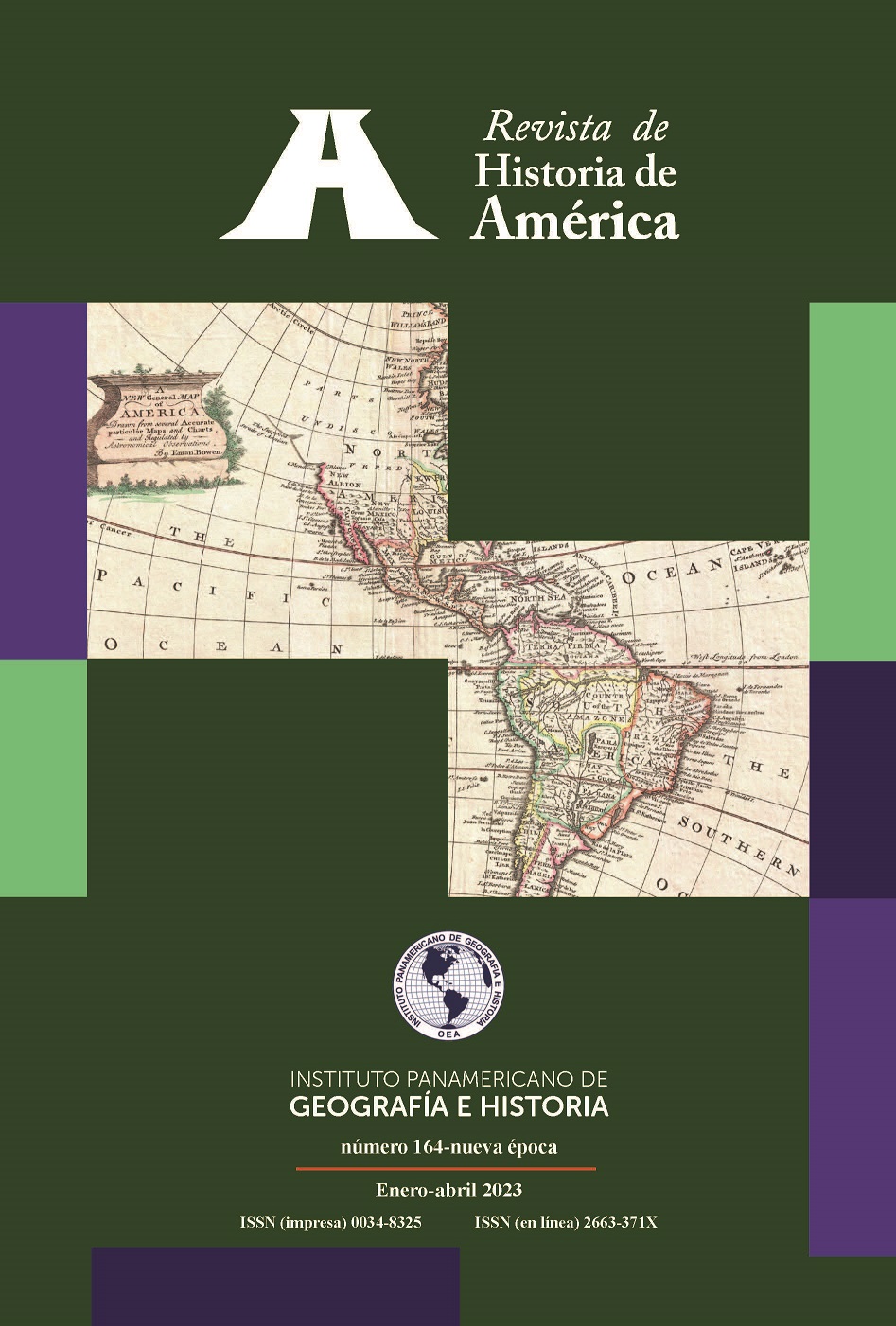Nineteenth-century production frontiers in a multidisciplinary perspective: the case of Tres Arroyos (Buenos Aires province, Argentina)
Main Article Content
Abstract
This research studies in an interdisciplinary way the processes of occupation, settlement and productive development that were generated in a district in the south of the province of Buenos Aires (Argentina) to account for the prolegomena of the Argentine agricultural boom in the context of frontier productive expansion Latin American at the beginning of the First Globalization. From an approach to the frontier as a diverse and complex process that pays special attention to local dynamics in the construction of new territorialities, the process of occupation and access to land in Tres Arroyos is thus described. Secondly, it is studied how the process of agricultural takeoff on "new lands" took place. Finally, the archaeological evidence of these societies is shown based on the information provided by some rural settlements. It is concluded that, as in other regions with 'new settlement' economies, on the eve of the export boom, the south of Buenos Aires after a public land policy that was determined by the need to control the territory in the face of indigenous danger and a series of incentives for production began a path of exponential growth until the beginning of the First World War. With innovative and detailed sources, the work shows how the different socioeconomic sectors of the agricultural and livestock sector performed in this original stage.
Downloads
Article Details
-
Abstract441
-
PDF (Español)216

